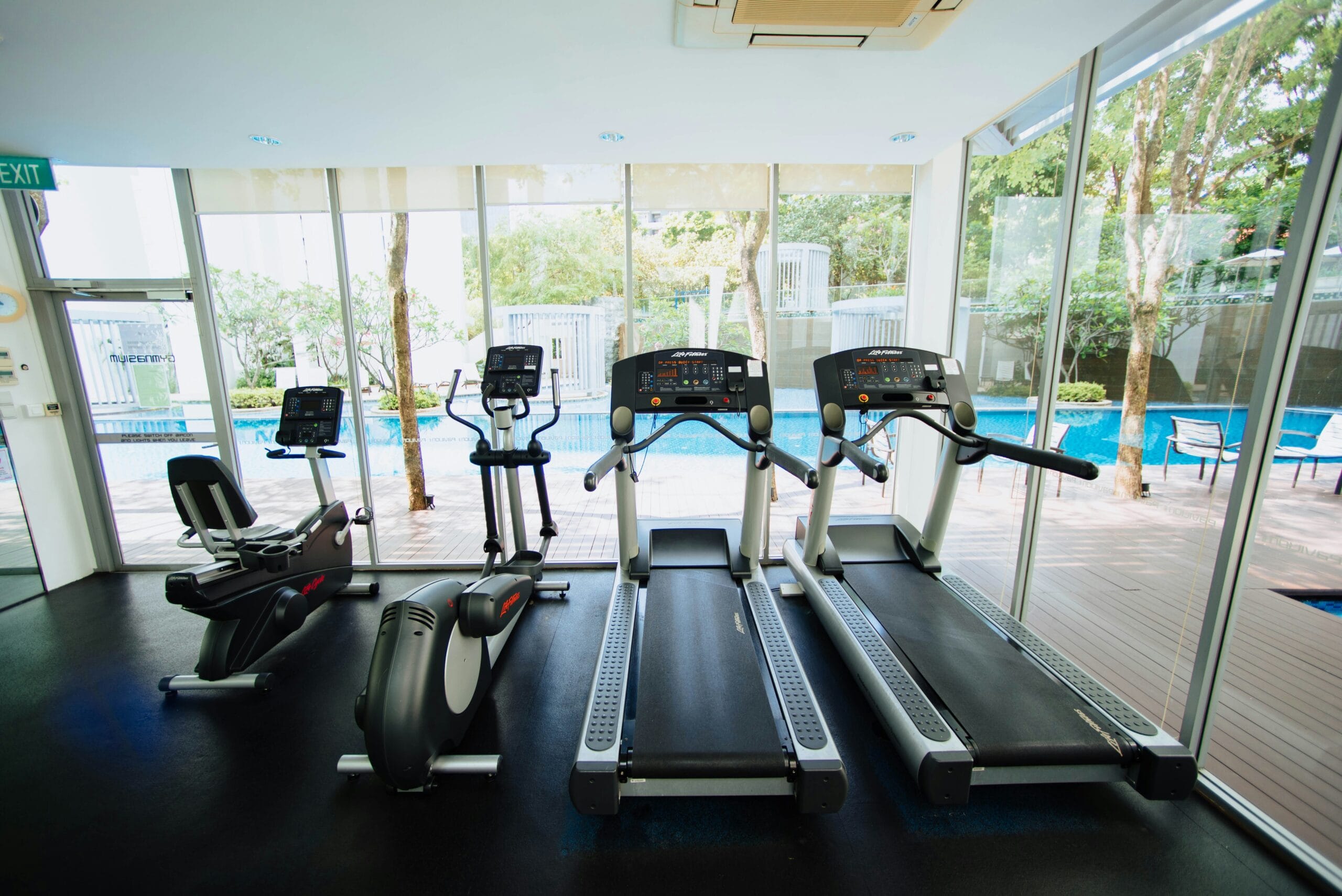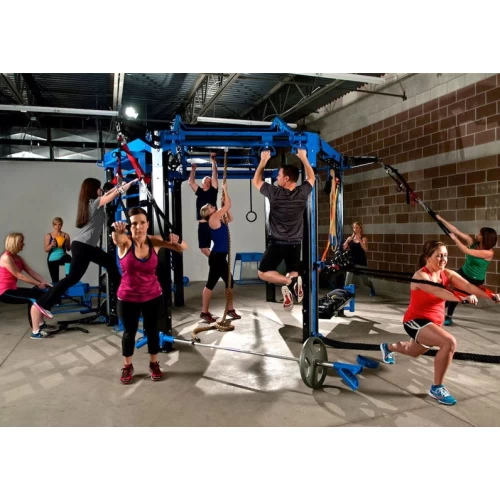introduction
Today’s super-smoky, light-speed world that we all know is moving at a much faster pace, and all of us wish we could keep up with this growing malaise. but even though we want to, we sit with ourselves that we do not take care of our health and we are thinking that if we give more time, we will work harder. We can do more but my brothers and friends tell me how you will work and move forward when your health is not good then in today’s article I will tell you that you are a great By using Ninja Techniques you can improve your health and get your work done on time

The Science Behind Napping
Not only does it reduce your stress, but it also helps you with your performance and all the things you have to do throughout the day and time. It enables him to perform and perform all your tasks even better, and the one who reads the effect of it the most is his mind.
Types of Naps and Their Benefits
Not all naps are created equal. Depending on your needs, different nap durations can have varying effects on your body and mind. Here’s a breakdown of the most common types of naps and their benefits:
| Nap Type | Duration | Benifits |
| Power Nap | 10–20 minutes | Boosts alertness and energy without causing grogginess. |
| Recovery Nap | 30 minutes | Aids decision-making and memory retention but may cause a short period of grogginess. |
| Deep Nap | 60 minutes | Helps with cognitive performance and long-term memory, though waking up might feel sluggish at first. |
| Full Sleep Cycle | 90 minutes | Completes a full sleep cycle, including REM sleep, boosting creativity, problem-solving, and emotional processing. |

When to Nap for Maximum Impact
When it comes to napping, timing is everything. Taking a nap too late in the day may cause disruptions to your sleep at night. Since most people naturally feel a dip in energy around 1:00 PM to 3:00 PM, this is usually the greatest time of day to nap. Your circadian rhythm, or the body’s normal sleep-wake cycle, is in line with this time frame.
Key Points to Consider:
- Early Afternoon (1:00–3:00 PM): Ideal time for a nap as it coincides with your body’s natural energy dip.
- Morning Naps: Useful for those who didn’t get enough sleep the night before but might not be as refreshing as afternoon naps.
- Late Afternoon/Evening: Can disrupt nighttime sleep, so it’s best to avoid napping after 4:00 PM.

Benefits of Strategic Napping
Not only do babies and those who didn’t get enough sleep at night nap? When used in moderation, naps offer several advantages that enhance cognitive and motor function.
- Enhanced Productivity:Enhancing alertness and concentration by napping can result in more productive work output. Napping helps revitalize the brain, which improves focus and allows you to do more activities in less time.
- Boosted Creativity:Your brain absorbs complicated information and improves creative thinking when you are in REM sleep, which frequently happens during longer naps (60–90 minutes). Naps were a common way for creatives and inventors like Thomas Edison and Salvador Dalí to expand their ideas.
- Improved Mood:Are you irritable or anxious? Taking a nap helps assist. It has been demonstrated that taking naps reduces stress chemicals like cortisol and increases serotonin release, which lifts mood and encourages relaxation.
- Better Memory Retention:Taking naps, particularly those that last 30 minutes or more, can enhance memory consolidation and learning capacity. A nap can improve your ability to recall knowledge if you’re studying or working on a project that demands mental attention.
- Increased Physical Performance:Naps can be very helpful for people who are physically active or athletes. A 20–30-minute nap will assist revitalize muscles and increase endurance, which will make it simpler to persevere through strenuous physical activity.

How to Nap Effectively
Consider these easy tips to get the most out of napping:
- Find a Quiet Space:Select a peaceful, comfortable space where you won’t be bothered. An eye mask or low illumination might assist create the perfect environment for sleeping.
- Set an Alarm:Make sure you set an alarm for the length of the nap you want to take to prevent oversleeping and deep sleep. Longer naps may take longer to fully wake up, while power naps (10–20 minutes) are perfect for rapid replenishment.
- Relax Before Napping:To relax your thoughts before dozing off, take a few deep breaths or practice meditation. This facilitates a more peaceful nap and helps you go asleep more quickly.
- Stay Consistent:To help your body and mind become accustomed to and reap the benefits of regular naps, try to snooze at the same time every day.

Who Can Benefit from Strategic Napping?
- Busy Professionals:A quick power nap might help you concentrate and be more productive during a demanding workday.
- Students: Taking naps during study sessions or exam prep can help with memory retention and cognitive performance.
- Athletes:People who are involved in sports or fitness can benefit from napping as it promotes physical performance and helps with muscle recuperation.
- Parents: Lack of sleep is a common problem among recentlyweds. Quick naps can help regulate energy levels throughout the day and offer much-needed rest.

Final Thoughts
Not only do young people and the elderly nap? It’s an effective tool with scientific support for raising physical well-being, creativity, and productivity. You may revitalize your body and mind by scheduling regular naps into your schedule, which will ultimately increase your success in all facets of life. So the next time you’re feeling down in the afternoon, consider taking a nap instead of reaching for another cup of coffee to reap the benefits of getting some daytime sleep.











